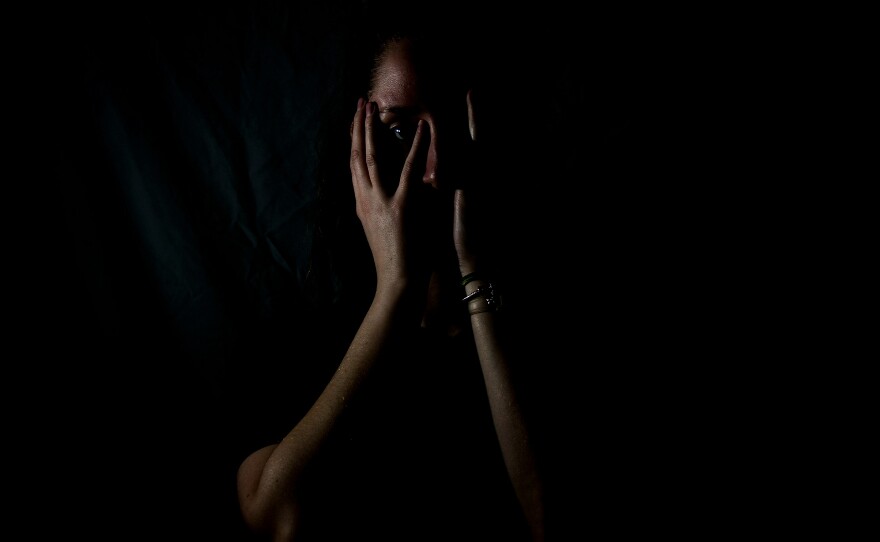Phobias are sometimes made the butt of jokes. And considering that Pugophobia (the fear of butts) and Gelotophobia (the fear of jokes) both exist, it’s easy to understand why. However, using specific phobias as a punchline risks taking away from the serious nature of social phobias.
Social phobias are remarkably common. Collectively, Generalized Anxiety Disorder, Panic Disorder, Performance anxiety, and other social phobias affect over 28,000 Wichitans every year. And over 48,000 of us will experience a social phobia at some point in our lives.
Phobias are one of many disorders in the anxiety family, and are characterized by an intense but irrational fear that is disproportionate to the actual danger posed by the stimulus. Fortunately, like most anxiety disorders, phobias are highly treatable, typically through some combination of cognitive behavioral therapy and medications. However, the proper mix of those two treatments should be customized to the person and therefore requires the oversight of a trained therapist. In addition to these options, some therapists may use newer treatment techniques, including Virtual Reality Exposure Therapy and Systematic Desensitization.
As with most mental health concerns, much of a person’s willingness to seek care will likely be based on the nature of your relationship with the symptoms. Part of the diagnostic threshold of a true phobia is your ability to set it aside – or not – in your daily life. If your ability to function in society is not encumbered by your fear, treatment may not be needed. But if your quality of life and relationships is adversely impacted, please seek the care you need for the life you deserve.



